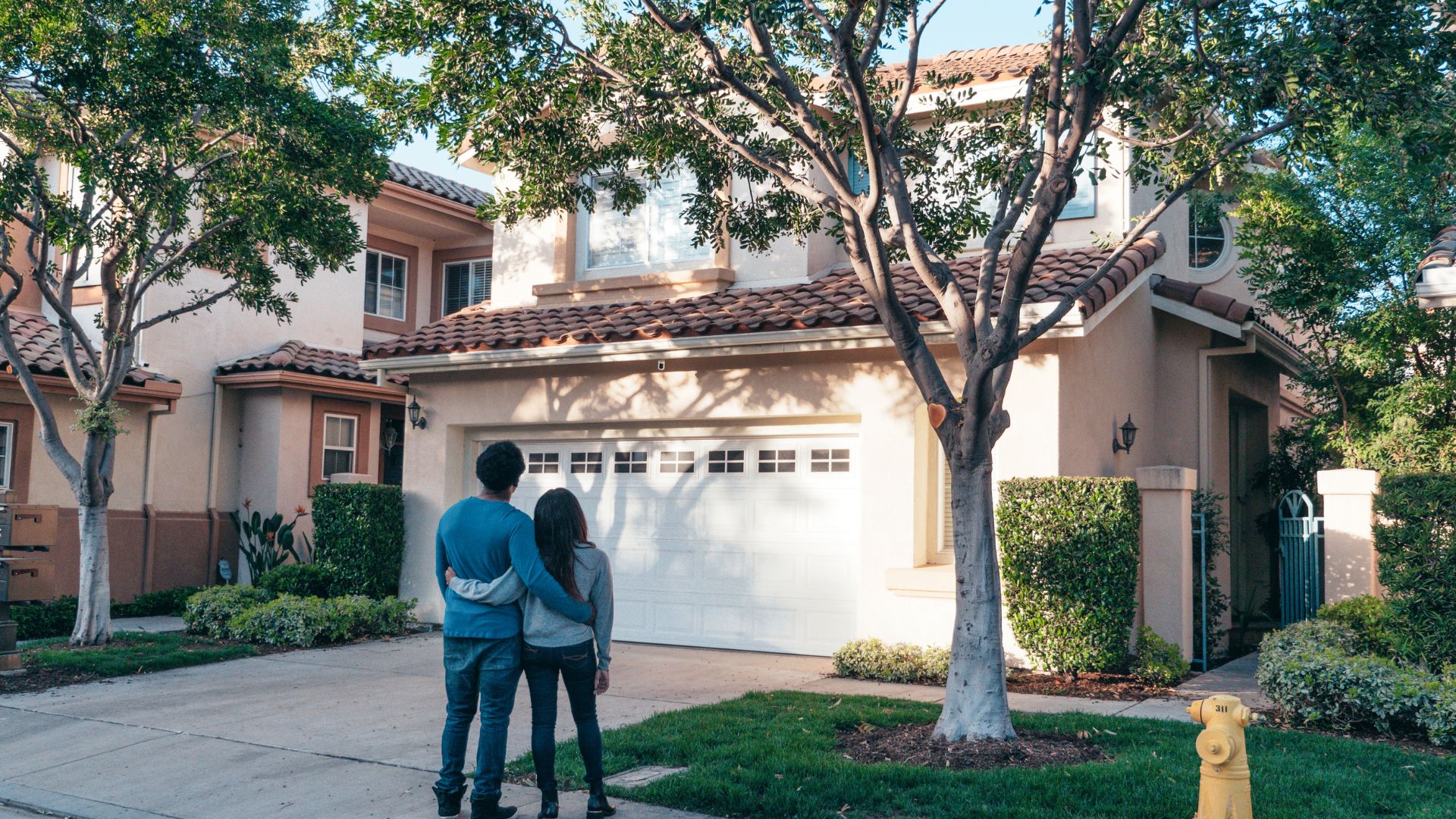Considering Home Owner’s Insurance
While no single person can predict the weather with certainty, all individuals can do what is necessary to protect themselves from the risks of extreme weather – from wearing a raincoat, to buying homeowners insurance.
Although buying a snugg fitting raincoat can be easy for some, choosing and keeping the right homeowner’s policy has become increasingly more difficult. In this piece, we detail common gaps in homeowners’ coverage related to natural disasters and share healthy habits to maintain that perfectly tailored policy in good standing.
How an insurance policy may disappoint in moments that matter
The priority of homeowners insurance is to compensate the owner for the repair or loss of a residence or its contents. Homeowners should be aware, however, of the limitations insurance policies commonly include for certain events that cause damage referred to as “perils”:
- Hurricanes: Homeowners policies have special deductibles for damages caused by hurricanes or other named storms. These deductibles are typically a percent of the home’s insured value. For example, the homeowner’s policy on a $1 million home may have a $2,500 deductible, but the hurricane deductible could be as high as 5% or, $50 thousand.
- Water Damage and Mold: A homeowner’s policy may limit coverage for water damage to a much lower dollar value; sometimes as low as $10 or $5 thousand. And, once the water is gone and mold creeps in, that same policy will often limit coverage for mold remediation and repair. Often, these limitations are far less than the home’s insured value.
- Earthquakes and Mudslides: Homeowners policies typically do not cover loss or damage caused by earthquakes or mudslides. Homeowners that live in high-risk areas should ask their insurance broker if their existing policy has an option to add coverage called an “endorsement” or if there are additional coverages available. As is the case for hurricanes, earthquake and mudslide coverage will be subject to a separate deductible and coverage limitations.
While the above are examples of where a policy may fall short of expectations after a given peril, without access to adequate information on these policies, homeowner’s can – unintentionally – find their own actions to be the cause of less-than-ideal outcomes.
Tips to maintain the effectiveness and good standing of your policy
- Choose your battles: Insurance companies prefer an insured that does not file a claim. While a homeowner may perceive that a claim more than the deductible is worthy, from the insurer’s point of view, insurance claims are for severe damage or total loss. Filing immaterial claims frequently may lead to an increase in your premium or premium cancellation. In addition, if you sell your home and seek insurance for a new one, you may have trouble finding coverage as insurers require disclosing prior claims during underwriting.
Notwithstanding the above, insurers will not frown upon claims from catastrophes like hurricanes or winter storms, but with each insurer defining catastrophe differently, be sure and coordinate with your insurance broker before filing a claim.
- Revisit your Homeowner’s Insurance: Review your insurance coverage for fulsomeness annually. For example, if for estate planning purposes you title the home in the name of a trust be sure to notify the insurance company. The insurance company will often list the name of the trust as an insured.
In addition, significant home renovations or building an additional structure may require increasing the insured value of the home. Notify your insurance broker if your home undergoes significant renovations.
Wealth advisors at The Colony Group frequently review all a client’s property and casualty coverage to avoid any such instances where a policy may not meet expectations. Please reach out to your wealth advisor or The Colony Group for more information.

